A high school football coach in Washington state says he should be allowed to pray on the 50-yard line after football games. The Bremerton School District disagrees.
How the U.S. Supreme Court rules on the case of coach Joe Kennedy, an 18-year Marine veteran and assistant coach for the Bremerton High School varsity football team, could have implications for prayer in school sports across America.
Kennedy’s case “goes to the heart of the First Amendment,” said Paul Clement, an attorney with First Liberty Institute, a religious liberty legal firm representing the former coach.
2008
Kennedy’s saga goes back to 2008, when he began coaching football at Bremerton (Washington) High School. After each game, he knelt on the field and prayed for 15-30 seconds. Eventually, players asked to join and Kennedy consented, sometimes giving motivational speeches with religious content before the prayer, according to First Liberty’s summary of the case.
In 2015, an employee of another school mentioned the practice to a Bremerton High administrator, triggering a letter from Superintendent Aaron Leavell claiming Kennedy’s actions violated school policy.
Following some back and forth between the coach and the district, officials placed him on paid administrative leave and barred him from coaching until he ceased “public and demonstrative religious conduct while still on duty as an assistant coach,” according to a Q&A released by the district.
2016
Kennedy sued in 2016, and the case has made its way to the Supreme Court, with oral arguments anticipated this spring.
The issue of “school football prayers” is “still pretty open,” noted Eric Johnston, president/general counsel of the Southeast Law Institute, a conservative, nonprofit firm in Alabama. Despite court rulings that public school students have the right to pray and hold Bible study at school, “there are still issues to be adjudicated when it comes to school football prayer.”
Long-term battle
This case is the latest salvo in a 60-year battle between religious Americans and secularists over the rights of students and employees to practice their faith at school. Prayer and the Ten Commandments were removed from schools by federal courts in the 1960s, Johnston lamented, with further “loss of a lot of religious freedom” in the 1970s. Court rulings in the 80s and 90s reestablished some rights of religious expression.
Yet the question remains: Is kneeling to pray on a football field an unconstitutional use of school assets to promote Christianity over other religions?
No, says Greg Davis, president-elect of Alabama Citizens Action Program, an interdenominational ministry engaging cultural issues in Alabama.
It’s a protected form of acknowledging God in the public square, he said, and for some a football game prayer “may be the first step in their pursuit of knowing God.”
Many schools “allow students to pray over the speakers” at football games, Davis noted. When we can empower our students to step up and do those things in the public school setting, that’s really the most effective way to go about that and it’s good for them.”
Two main issues
In Kennedy’s case two main issues are “1. Whether a public-school employee who says a brief, quiet prayer by himself while at school and visible to students is engaged in government speech that lacks any First Amendment protection; and 2. whether, assuming that such religious expression is private and protected by the free speech and free exercise clauses, the establishment clause nevertheless compels public schools to prohibit it,” according to The SCOTUS Blog, an independent source of Supreme Court news and analysis.
First Liberty President/CEO Kelly Shackelford said the case is a matter of religious liberty.
“No teacher or coach should lose their job for simply expressing their faith while in public,” Shackelford declared. “By taking this important case, the Supreme Court can protect the right of every American to engage in private religious expression, including praying in public, without fear of punishment.”
A date has not yet been set for oral arguments in Kennedy v. Bremerton School District.

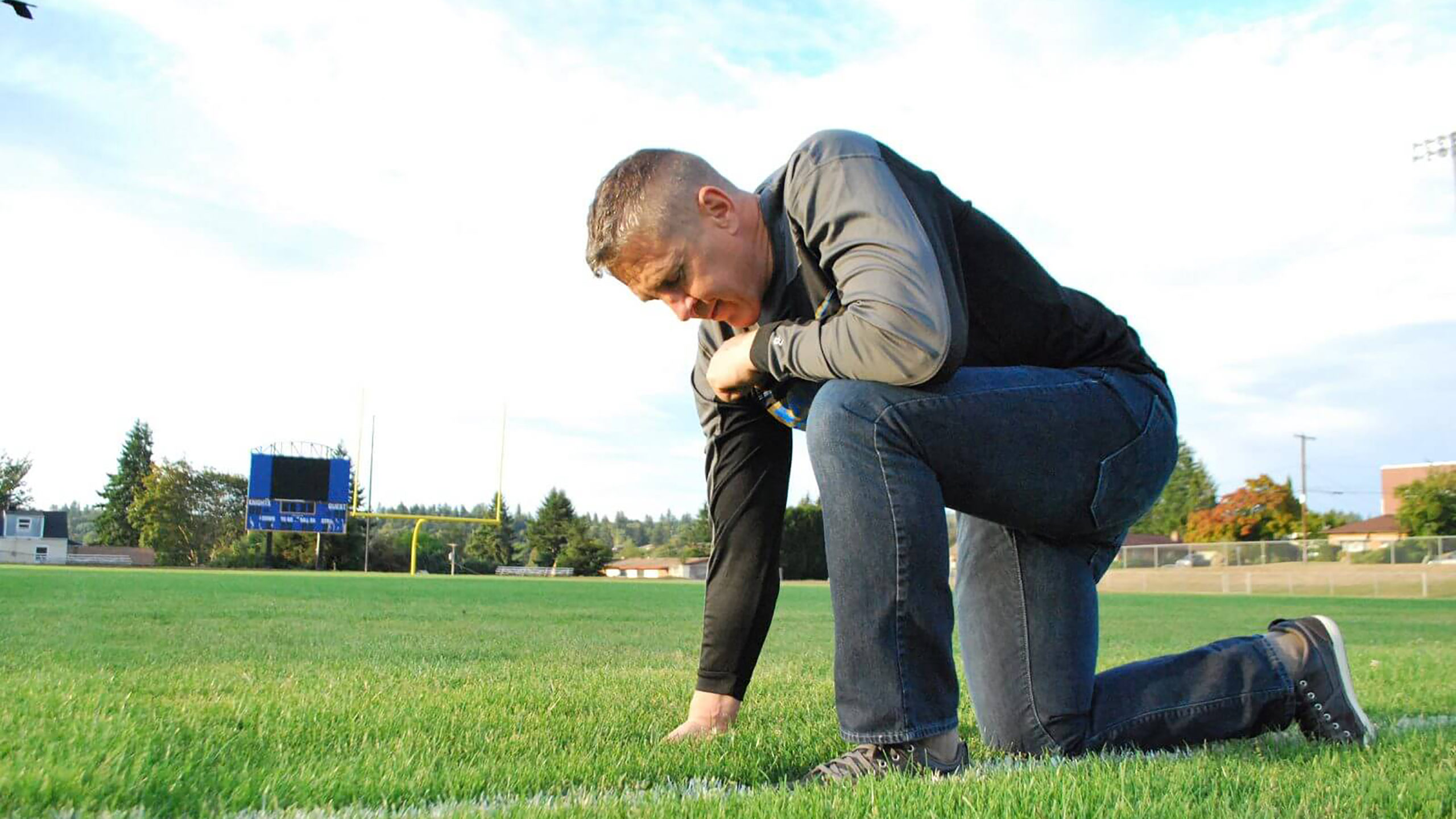
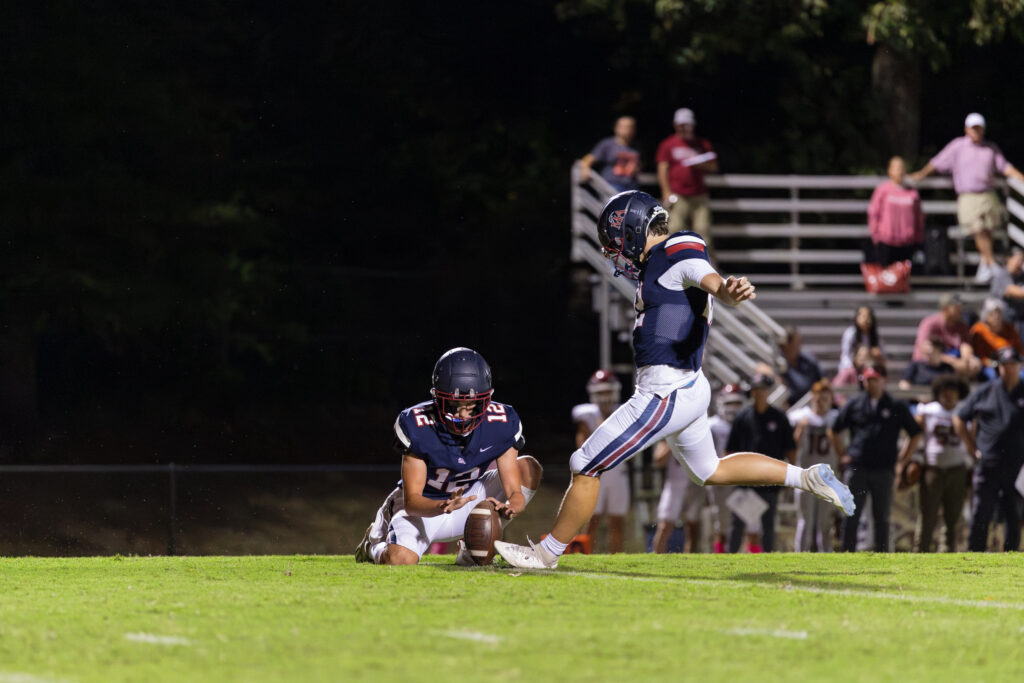
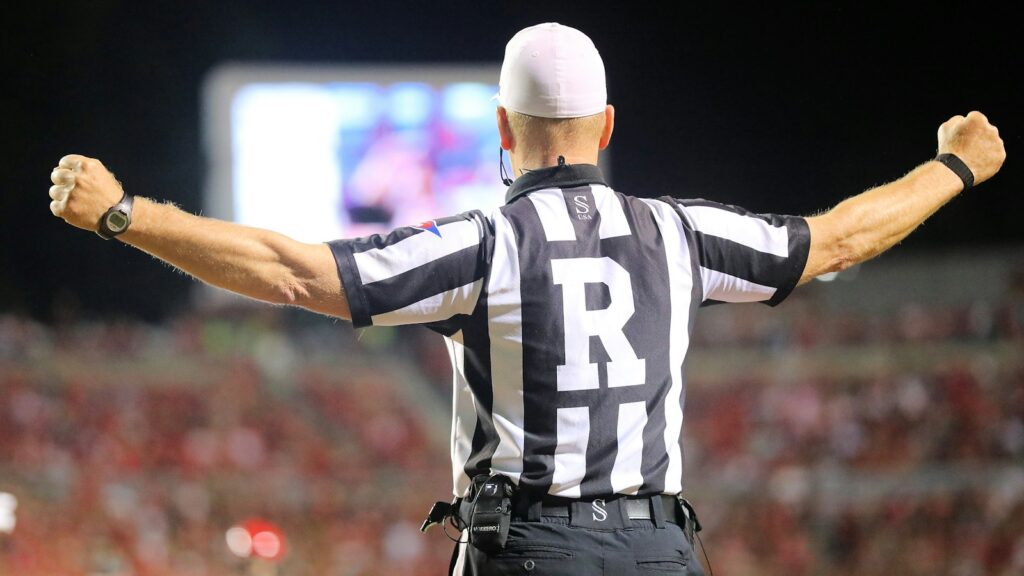
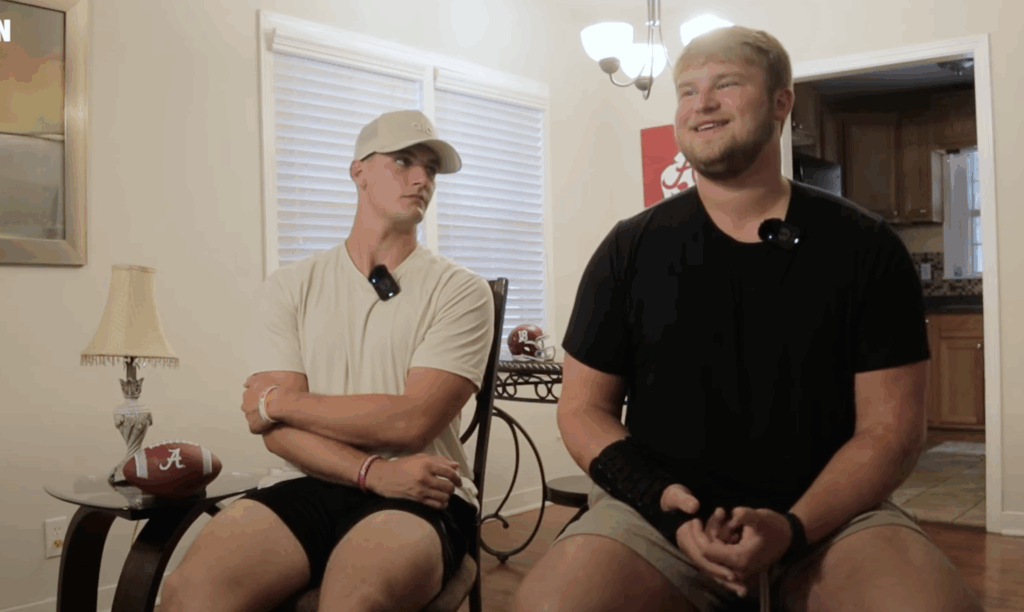
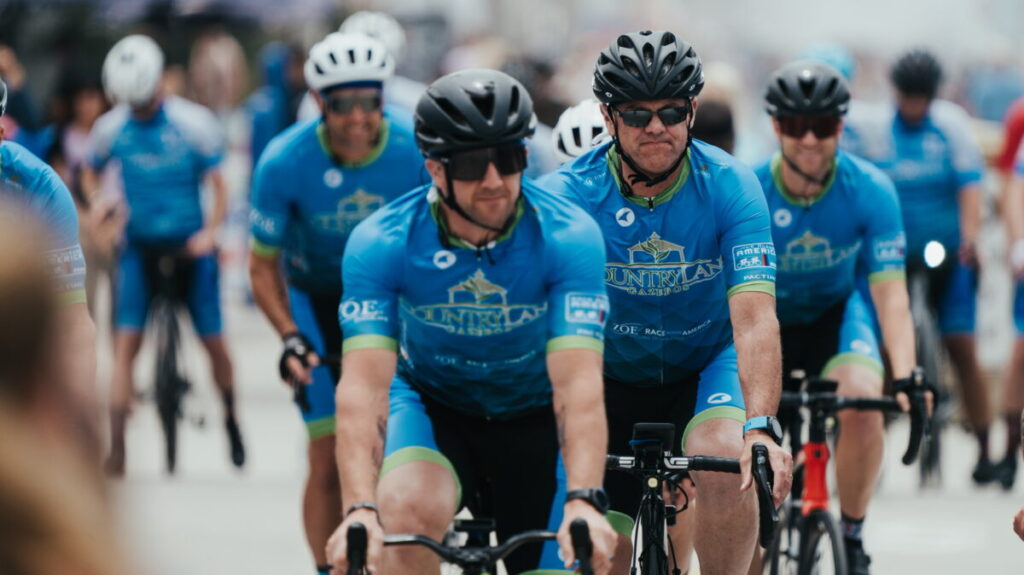
Share with others: